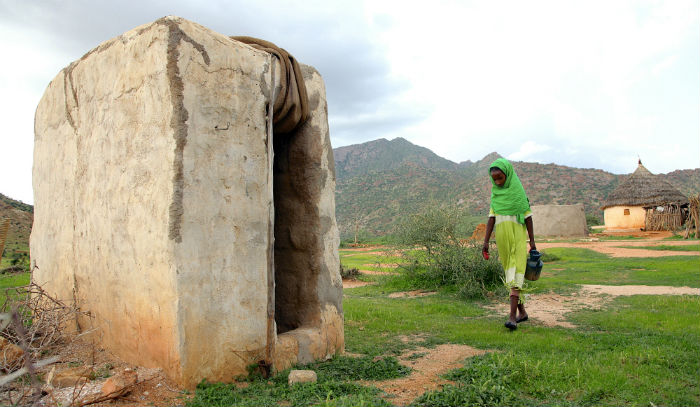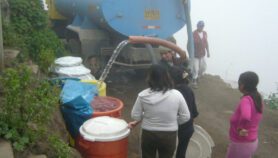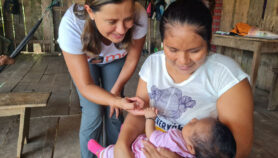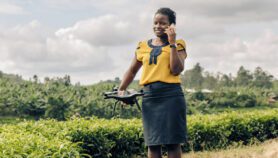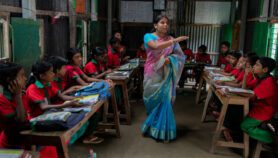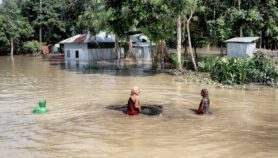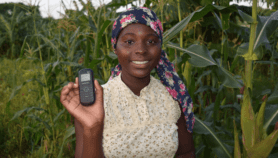By: Duncan Mboyah
Send to a friend
The details you provide on this page will not be used to send unsolicited email, and will not be sold to a 3rd party. See privacy policy.
[NAIROBI] Kenya has launched an online monitoring, evaluation and reporting system to improve capturing data on sanitation and hygiene status, a conference has heard.
According to Kenya’s Ministry of Health, the country has open defecation rate of 14 per cent, with countries such as Wajir and Turkana having a rate of 76.7 and 82.2 per cent respectively.
“The portal has empowered public health officers to provide timely sanitation and hygiene data from their working stations.”
Kepha Ombacho, Kenya Ministry of Health
The online portal could help coordinate monitoring of water, sanitation and hygiene (WASH), and enable public health officials in rural areas facilitate rapid acceleration of the Open Defecation Free (ODF) campaign, experts say.
Kepha Ombacho, the director of the country’s public health, told SciDev.Net during a conference on sanitation held in Kenya last month (7-9 February): “The portal has empowered public health officers to provide timely sanitation and hygiene data from their working stations to the Ministry [of Health] headquarters where it will be placed online for public consumption.”
Ombacho added that the portal could help detect cholera outbreak faster by linking it to handwashing practices or lack of toilet.
It could aid Community-Led Total Sanitation (CLTS) implementation processes, and processing the data to generate real-time reports for quick decision-making, he explained. CLTS is an approach for mobilising communities to address their sanitation problems.
Tobias Omufwoko, country coordinator of WASH Alliance in Kenya, added: “The hub now allows generation of real-time information from all parts of the country on equal measure.”
Omufwoko indicated that the hub is user-friendly for both government and partner agencies, adding that it has ended the presentation of different data at international conferences by the government and partner agencies.
According to Kariuki, the real-time monitoring gives public health officers shorter time in getting data on the status of sanitation in villages within their jurisdiction and approving ODF status of a region.
UNICEF funded the system’s development to help Kenya achieve its vision of attaining ODF status by 2020, Kariuki adds.
This piece was produced by SciDev.Net’s Sub-Saharan Africa English desk.


